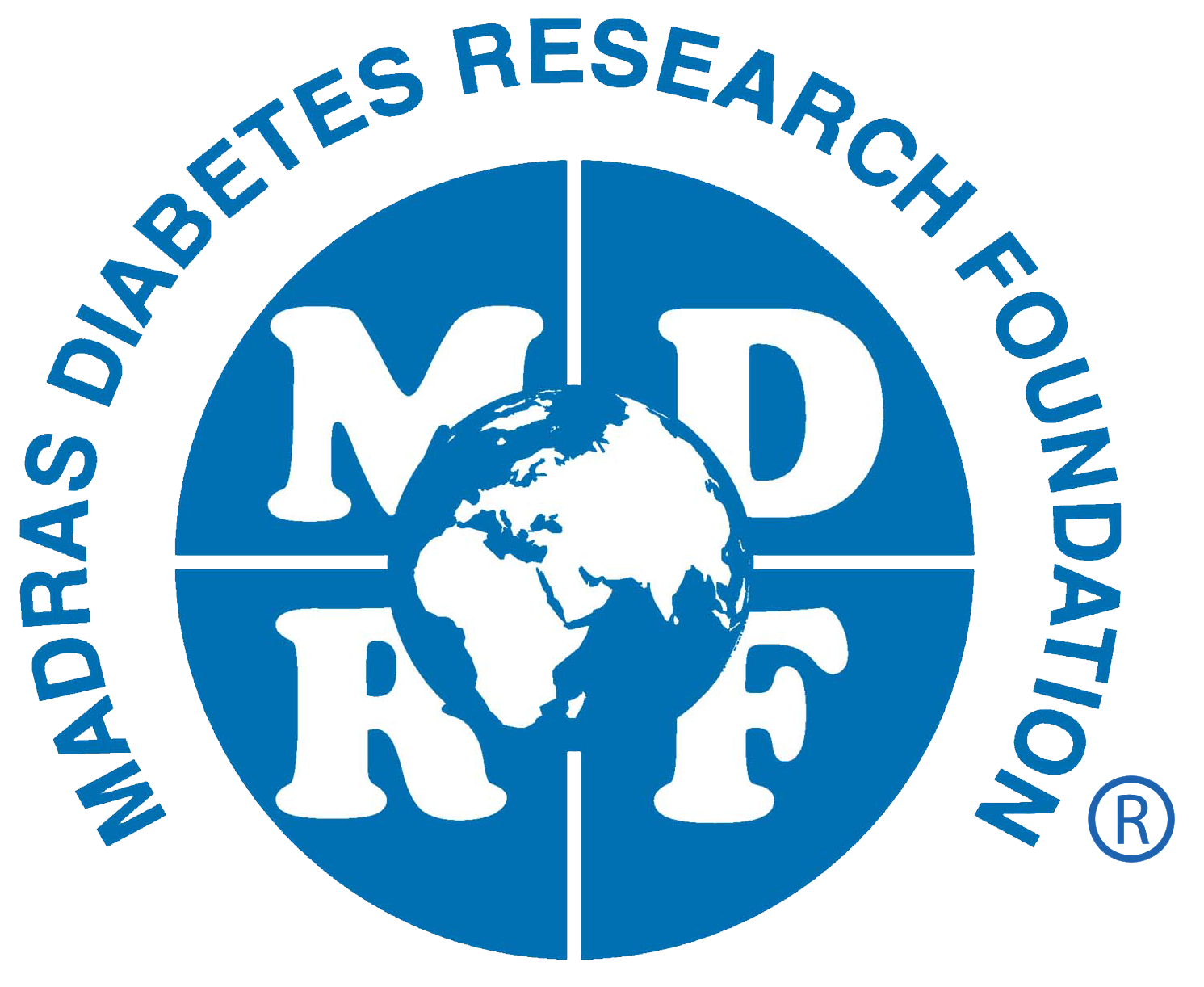About us
Madras Diabetes Research Foundation (MDRF) established in 1996 by Dr. V. Mohan, internationally acclaimed diabetologist and research scientist and his wife Late Dr. Rema Mohan, internationally known specialist in diabetic eye disorders.
Our Vision
To advance world-class diabetes research that improves health outcomes and transforms lives.
Our Mission
To carry out basic and clinical research of international quality and set new standards in the diagnosis and treatment of diabetes and its complications.

Our Scientists

Dr. A. Amutha
Sr. Scientist & Head
Childhood And Youth Onset Diabetes

Dr. M. Balasubramanyam
Professor, Advisor & Senior Scientist
Cell & Molecular Biology

Dr. Baskar V
Scientist & Head
Data Science

Dr. Deepa Mohan
Sr.Scientist & Head
Epidemiology

Dr. Guha Pradeepa R
Executive - Scientific Officer & Head
Research Operations & Diabetes Complications

Ms. Jebarani
HOD - Assistant General Manager
Data Management

Dr. Moneeza K Siddiqui
Scientific Advisory Consultant
Data Science
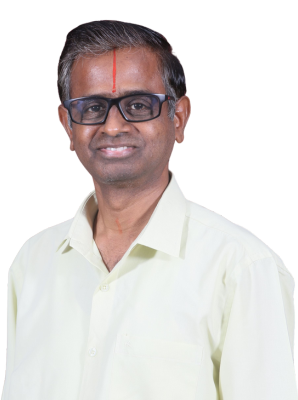
Dr. Nagaraj Manickam
Sr. Scientist & Head
Vascular Biology

Dr. Poongothai
Sr. Scientist & Head
Clinical Trials

Dr. Sathish Thirunavukkarasu
Scientist
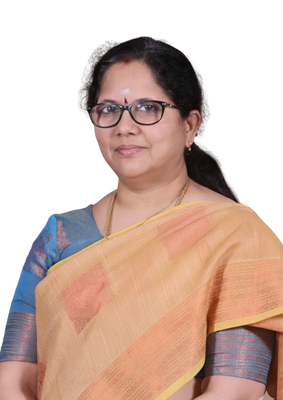
Dr. Rajalakshmi
Head
Medical Retina & Ocular Research

Dr. Radha Venkatesan
Executive Scientific Officer & Head
Molecular Genetics

Dr. Ranjani Harish
Sr. Scientist & Head
Preventive And Digital Health Research
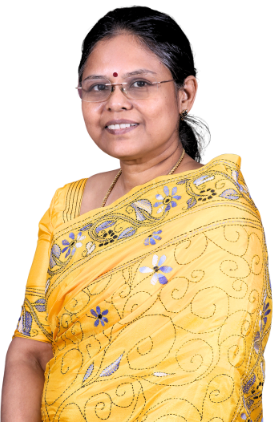
Dr. Shobana Shanmugam
Sr. Scientist & Head
Diabetes Food Technology

Ms. Sudha Vasudevan
Sr. Scientist & Head
Foods N & D Research

Dr. C S Shanthi Rani
Sr. Scientist & Head
Clinical Epidemiology
Our Departments
Our Locations

Clinical Research
Gopalapuram, Chennai
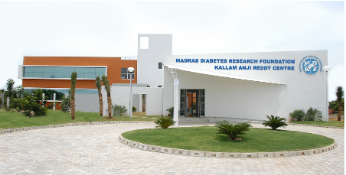
Basic Science Research
Siruseri, Chennai

Clinical Trials
Gopalapuram, Chennai

Epidemiology and Food & Nutrition Research
Gopalapuram, Chennai
